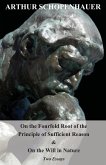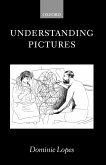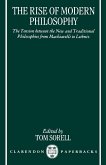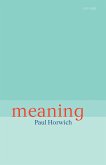Arthur Schopenhauer's central philosophical achievement was his account of the self and its relation to the world of objects. Embracing epistemological, metaphysical, psychological, and physiological concerns, his dynamic system of thought reveals in a unique way the serious philosophical conflicts that can arise when we think about the self. This book is the first full-length study of this theme, and Christopher Janaway's approach to it is historical, yet at the same time has a clear philosophical emphasis. He explores in unusual depth Schopenhauer's often ambivalent relation to Kant, seeing him as a pertinent critic, especially on the issues of idealism and free will. He shows that, while accepting transcendental idealism and the notion of a pure knowing 'I', Schopenhauer was always concerned to establish a rival view of the self as willing: primarily active, embodied, organic, and manifesting pre-rational ends and drives. In the final part of the book Janaway highlights the influence of Schop.
Janaway provides a detailed and critical account of Schopenhauer's central philosophical achievement: his account of the self and its relation to the world of objects. The author's approach to this theme is historical, yet is designed to show the philosophical interest of such an approach. He explores in unusual depth Schopenhauer's often ambivalent relation to Kant, and highlights the influence of Schopenhauer's view of self and world on Wittgenstein and Nietzsche, as well as tracing the many points of contact between Schopenhauer's thought and current philosophical debates about the self.
Hinweis: Dieser Artikel kann nur an eine deutsche Lieferadresse ausgeliefert werden.
Janaway provides a detailed and critical account of Schopenhauer's central philosophical achievement: his account of the self and its relation to the world of objects. The author's approach to this theme is historical, yet is designed to show the philosophical interest of such an approach. He explores in unusual depth Schopenhauer's often ambivalent relation to Kant, and highlights the influence of Schopenhauer's view of self and world on Wittgenstein and Nietzsche, as well as tracing the many points of contact between Schopenhauer's thought and current philosophical debates about the self.
Hinweis: Dieser Artikel kann nur an eine deutsche Lieferadresse ausgeliefert werden.








